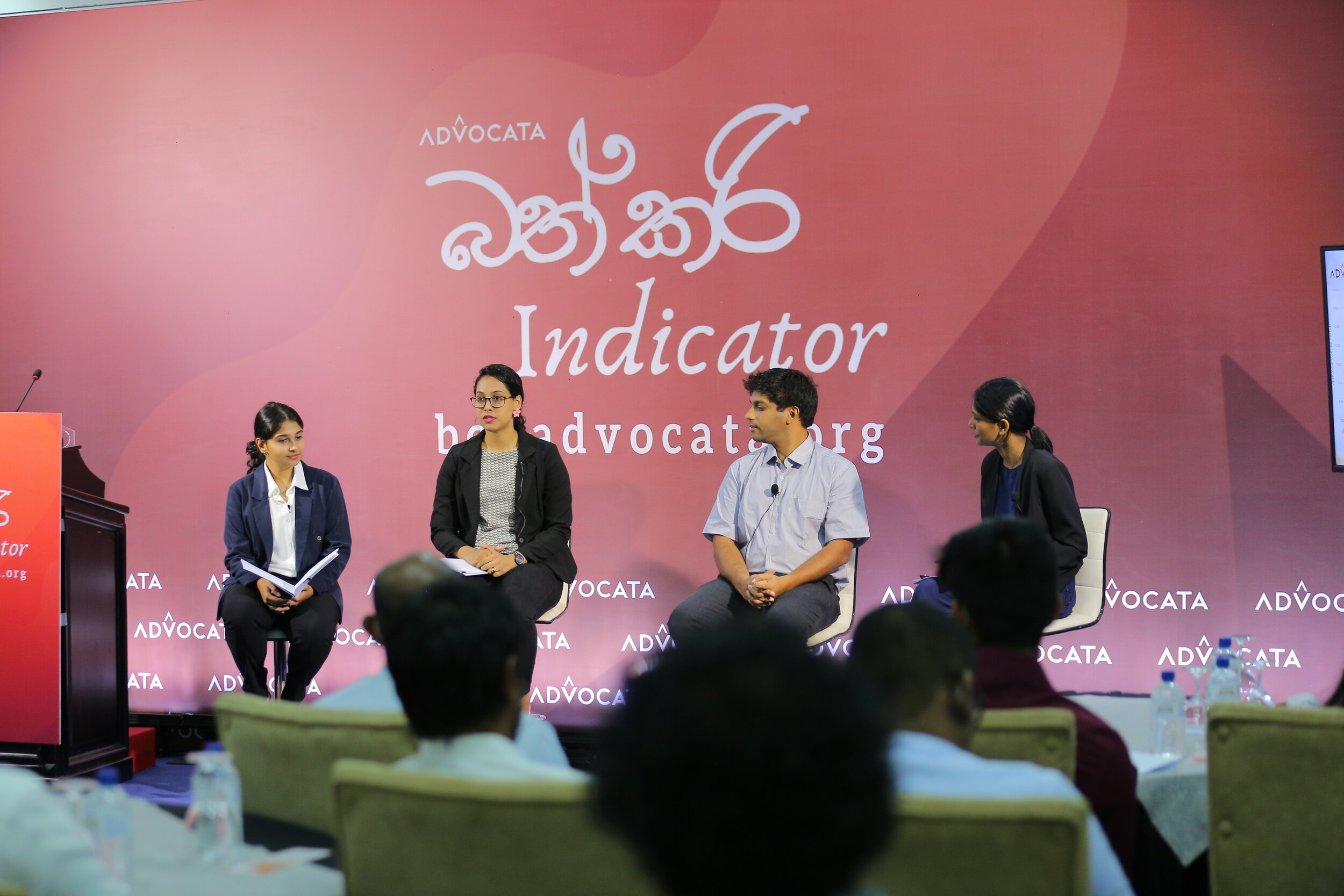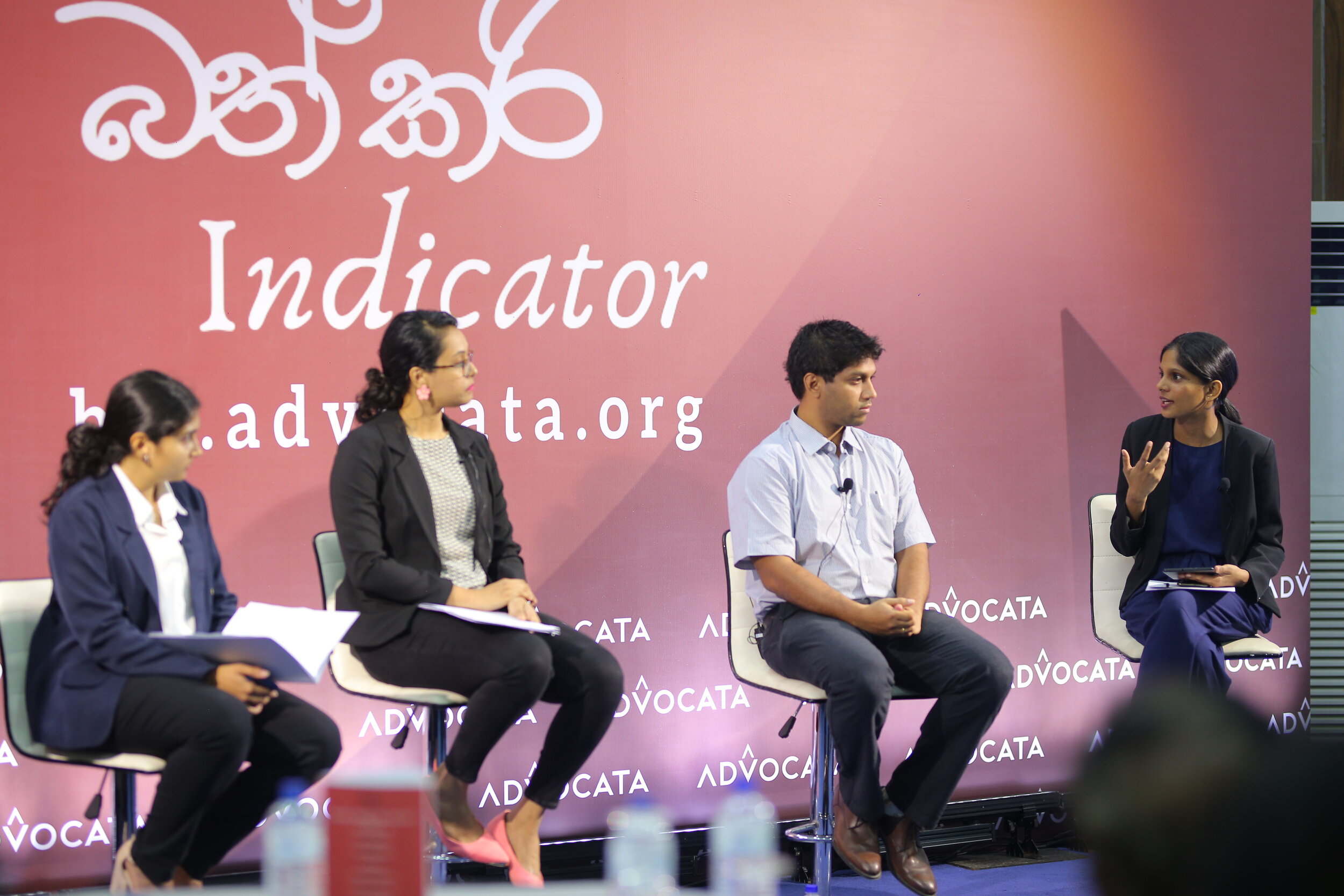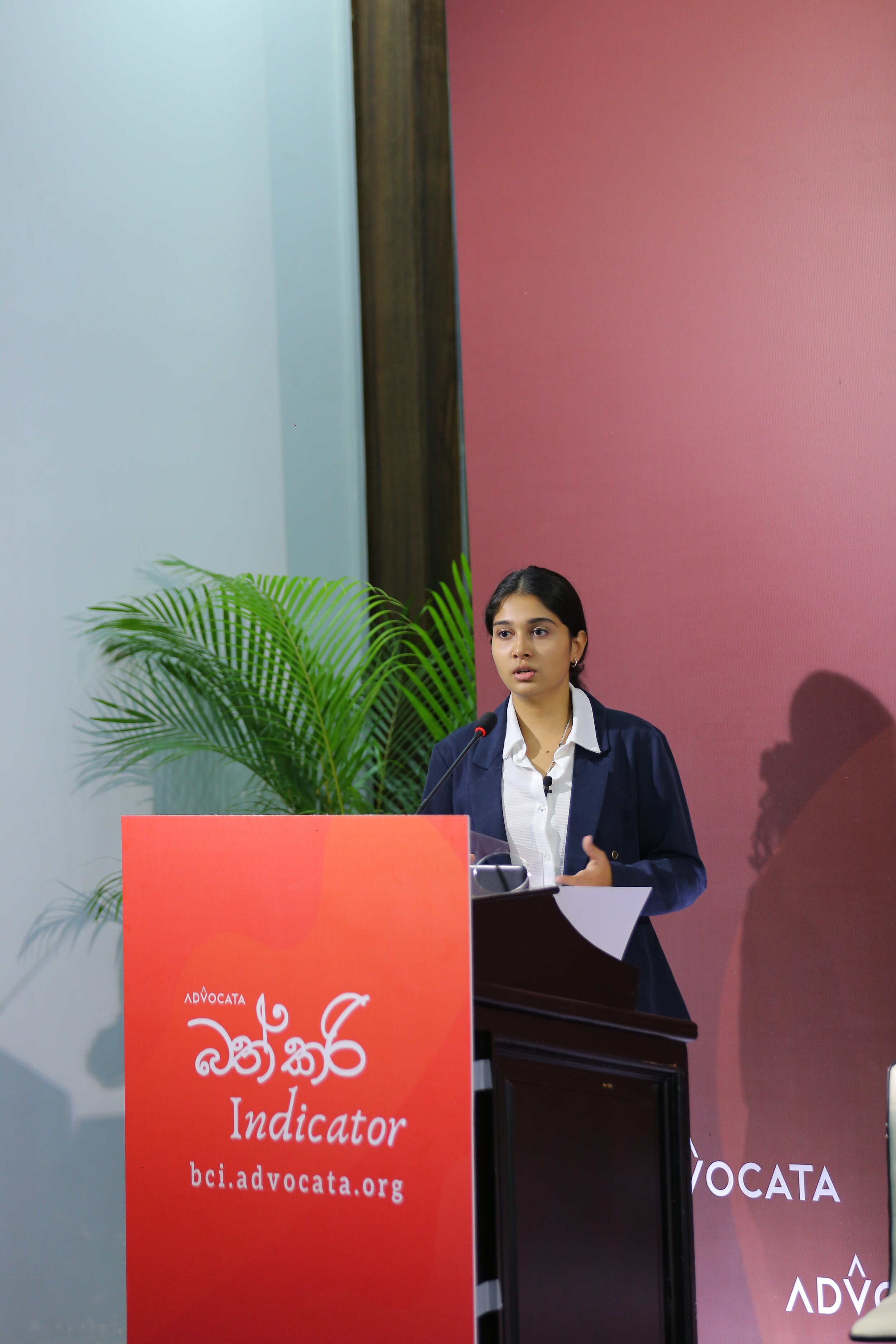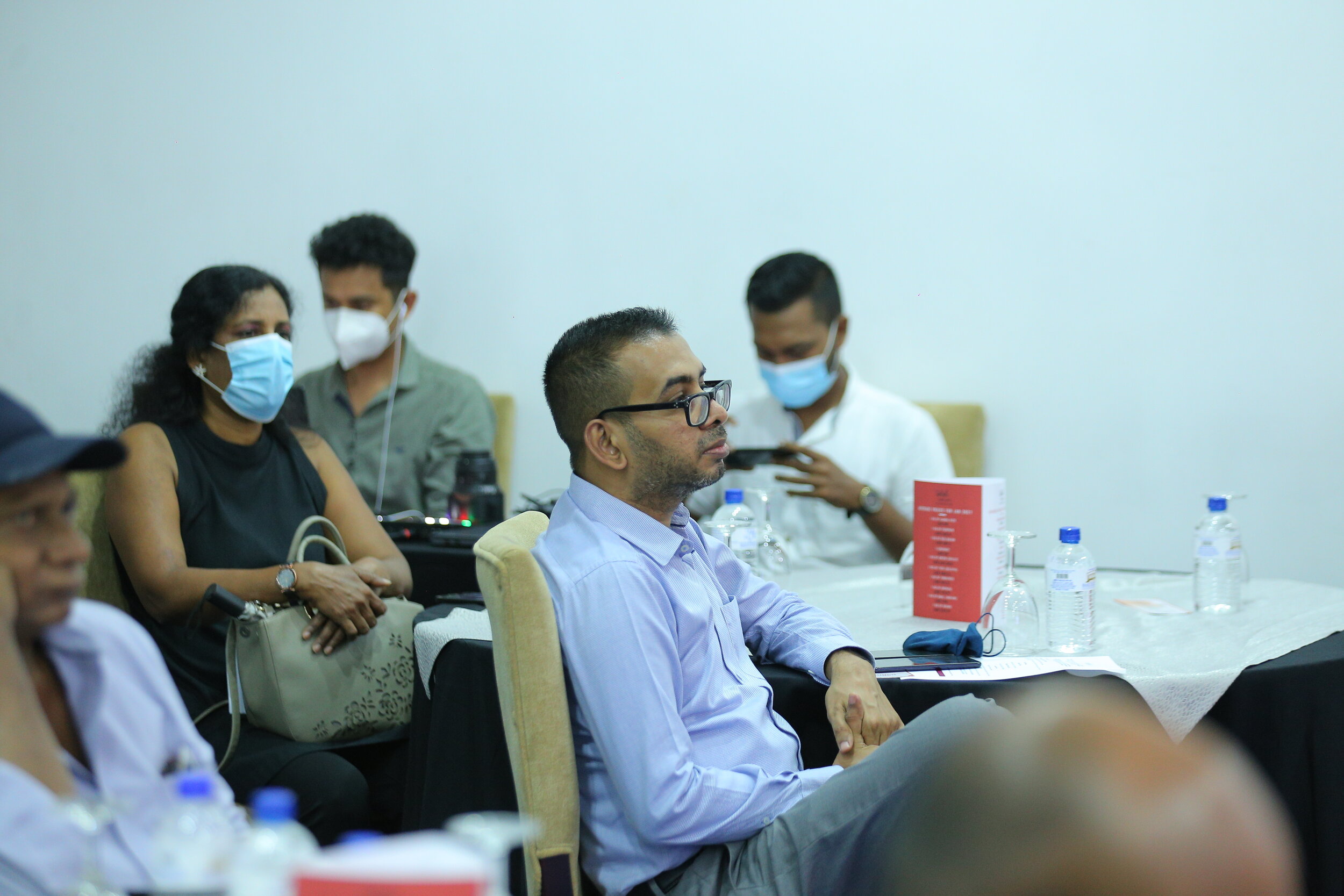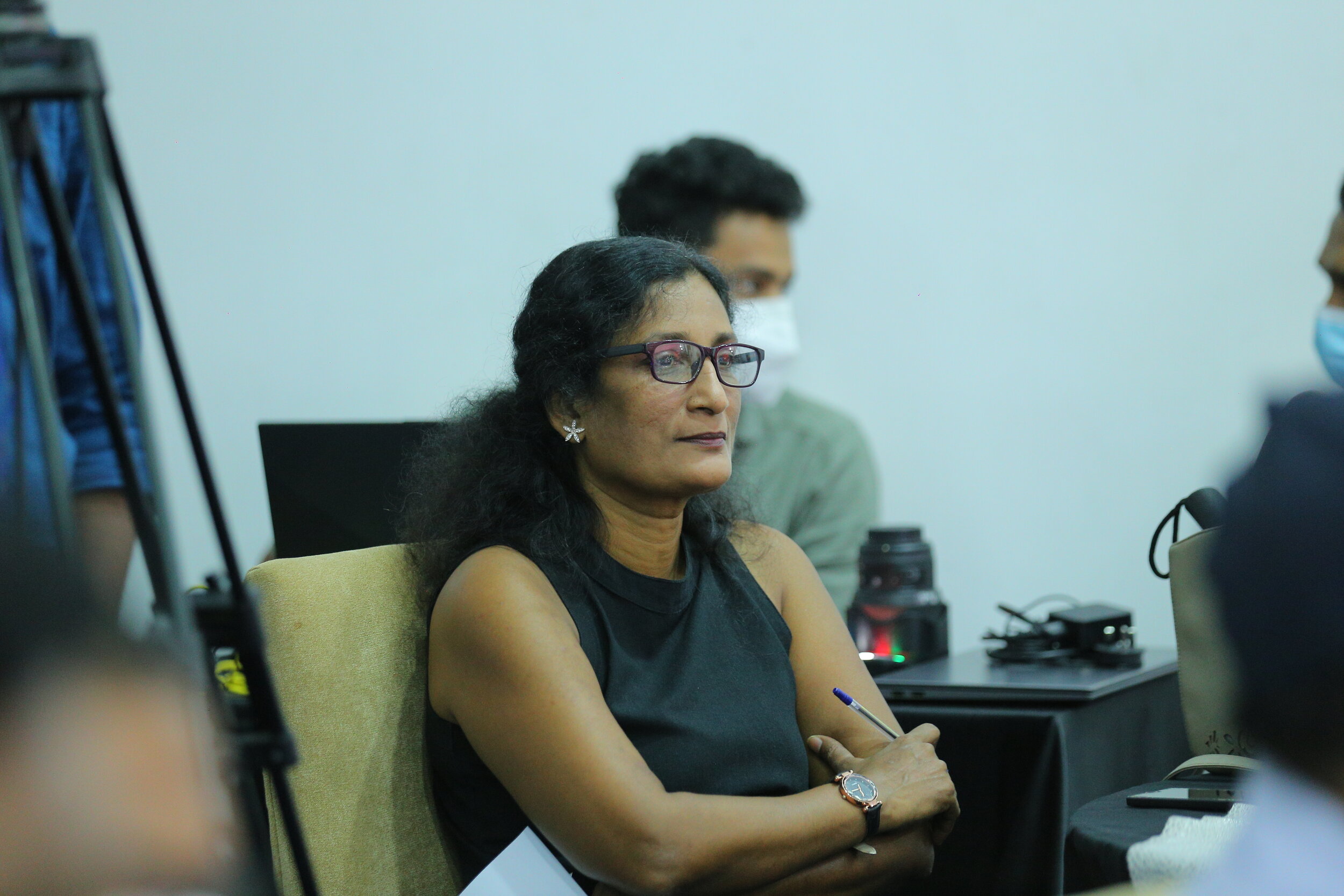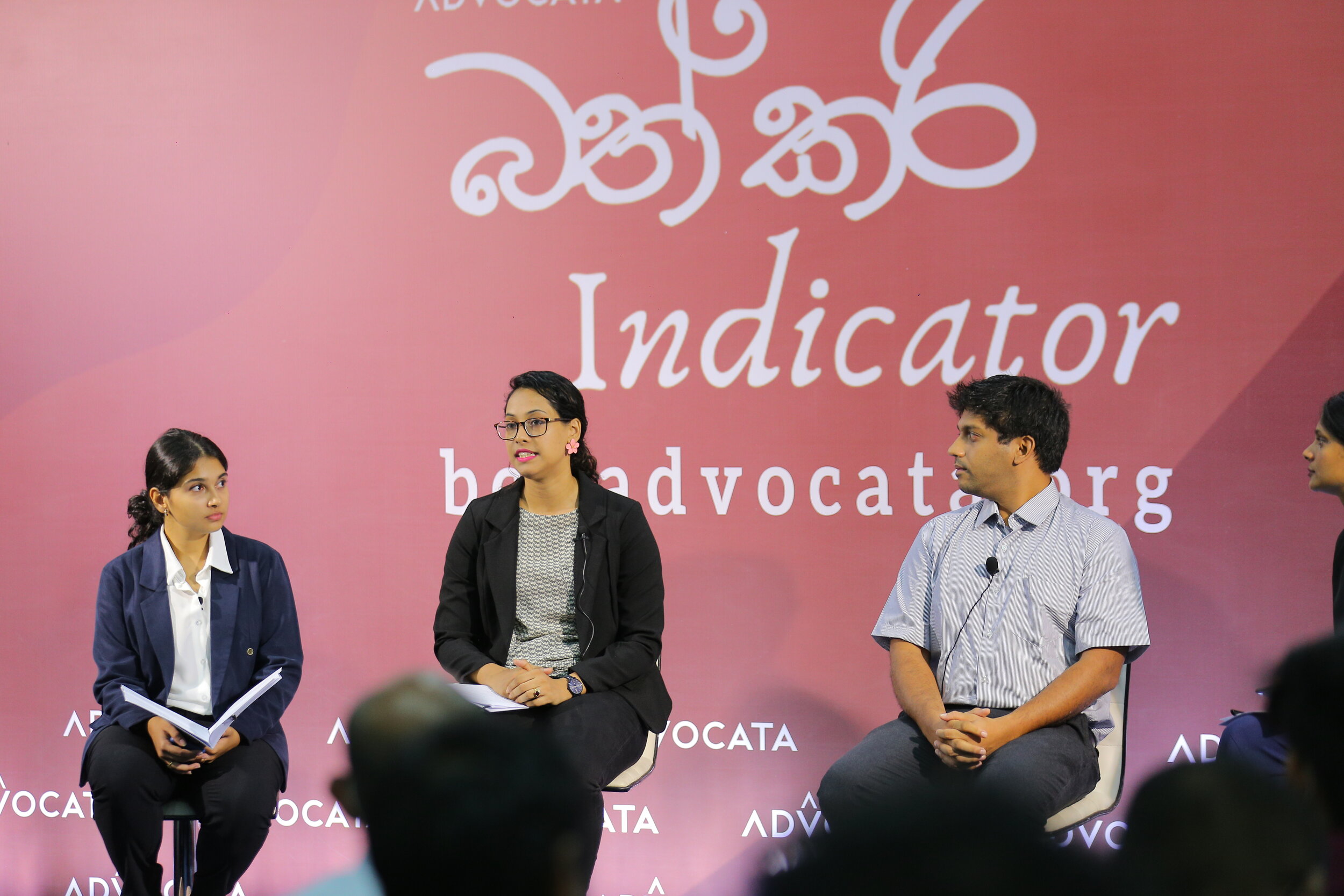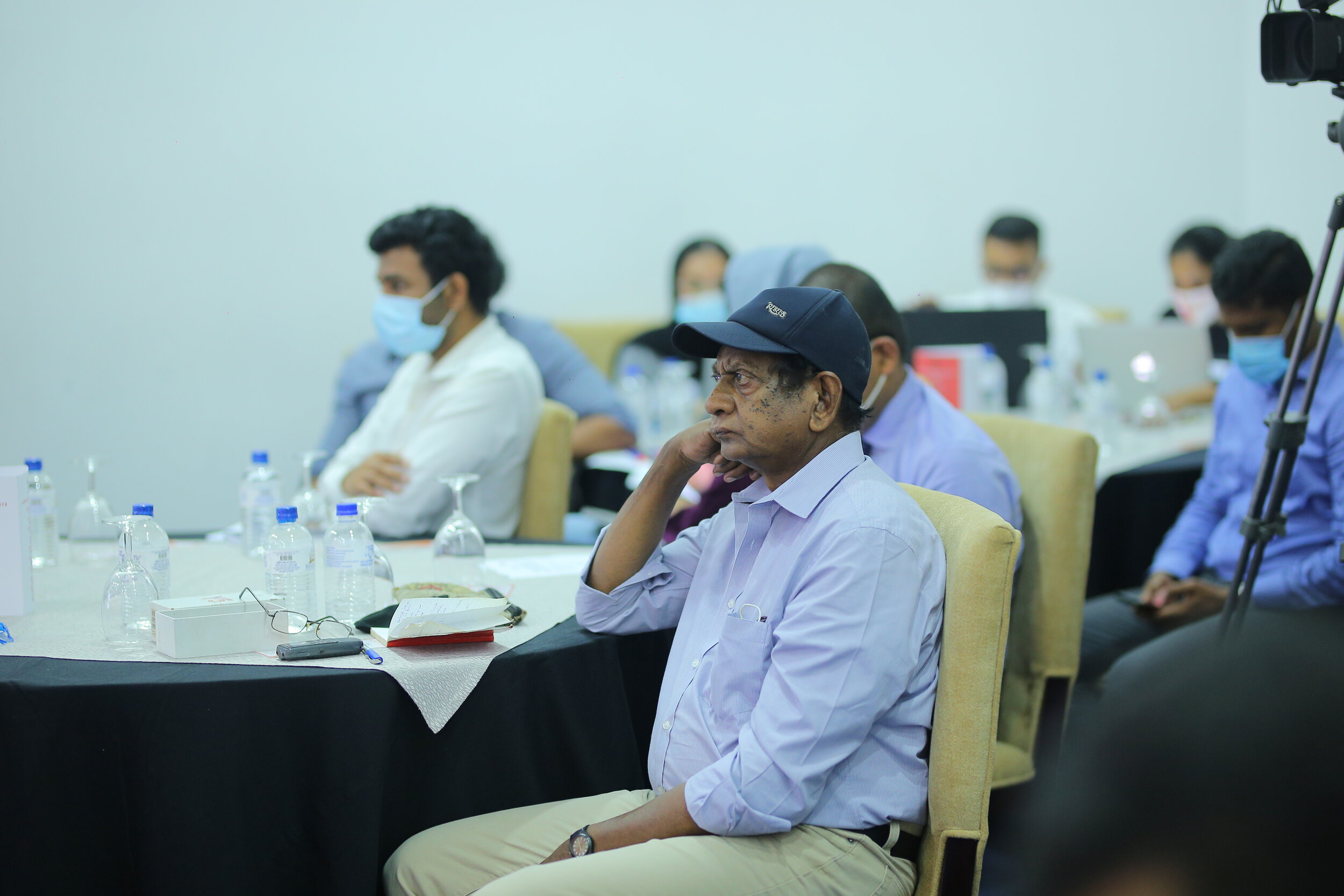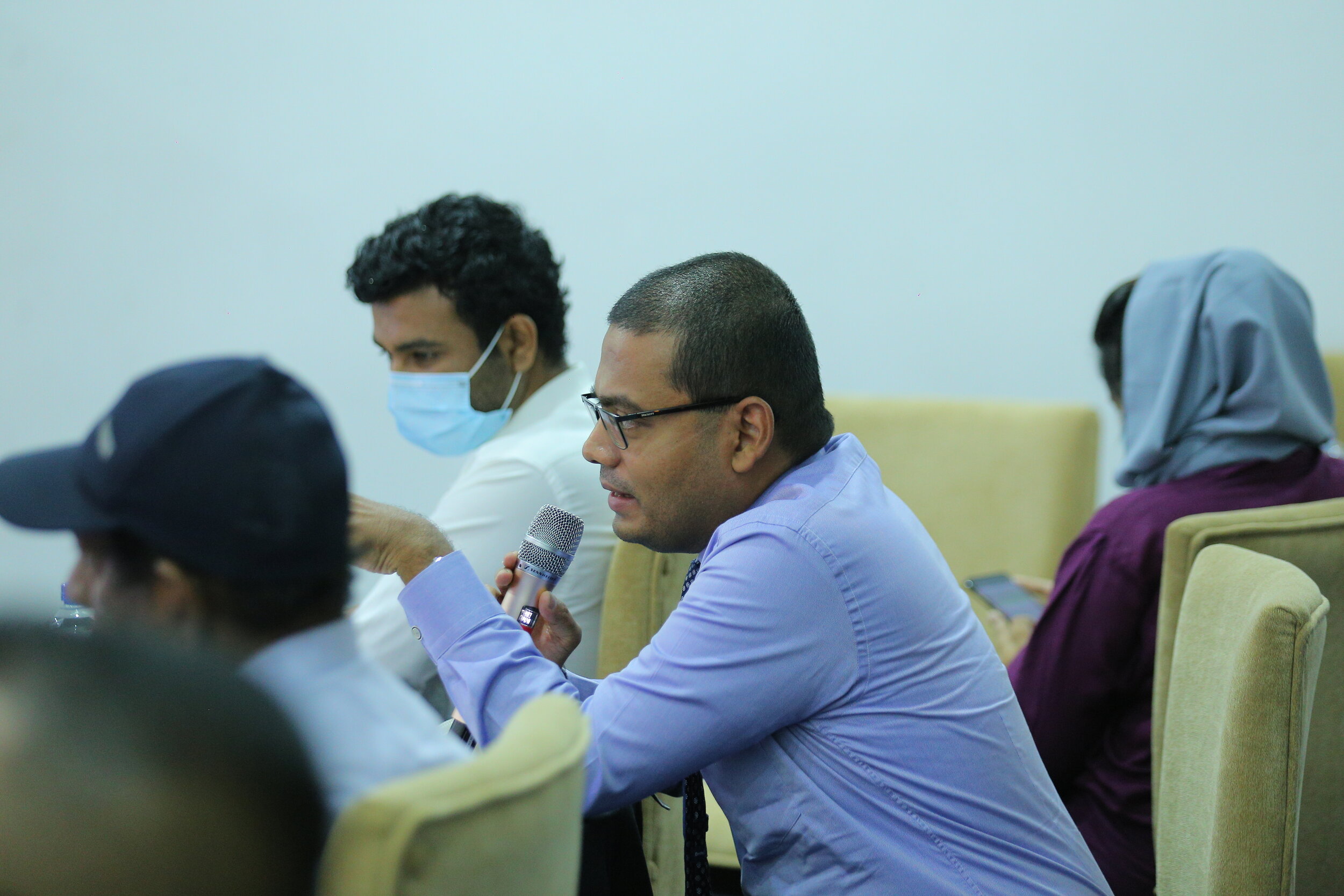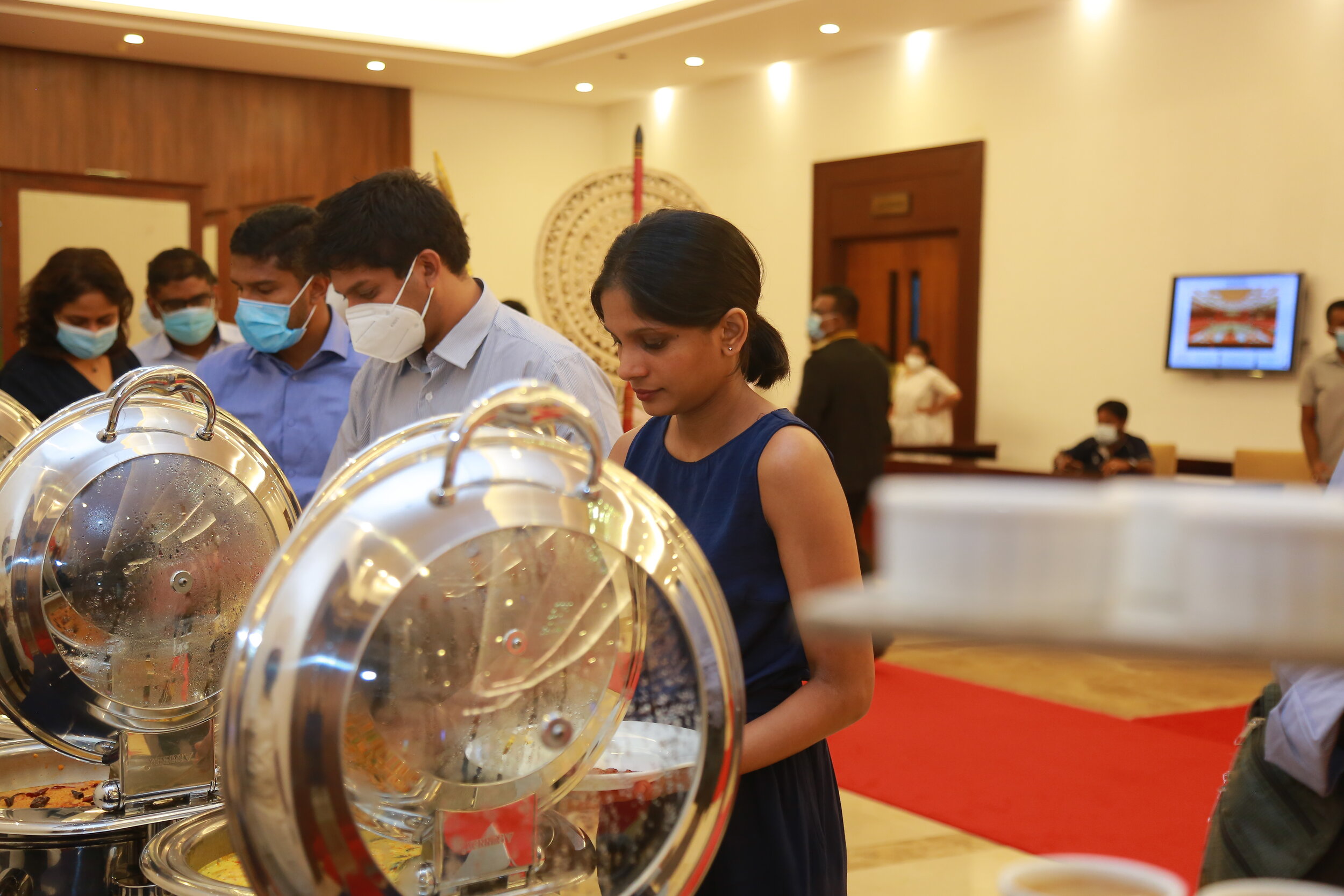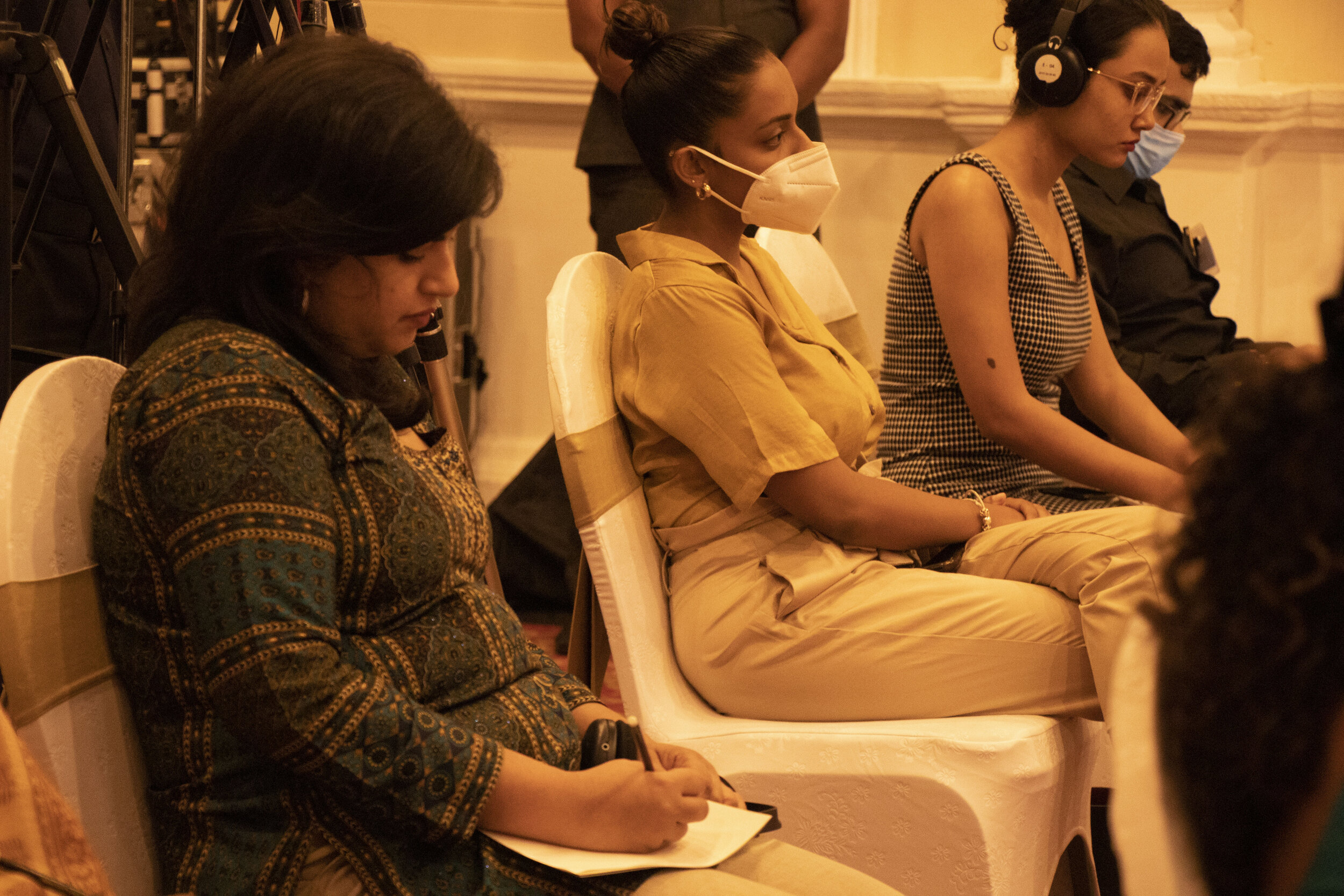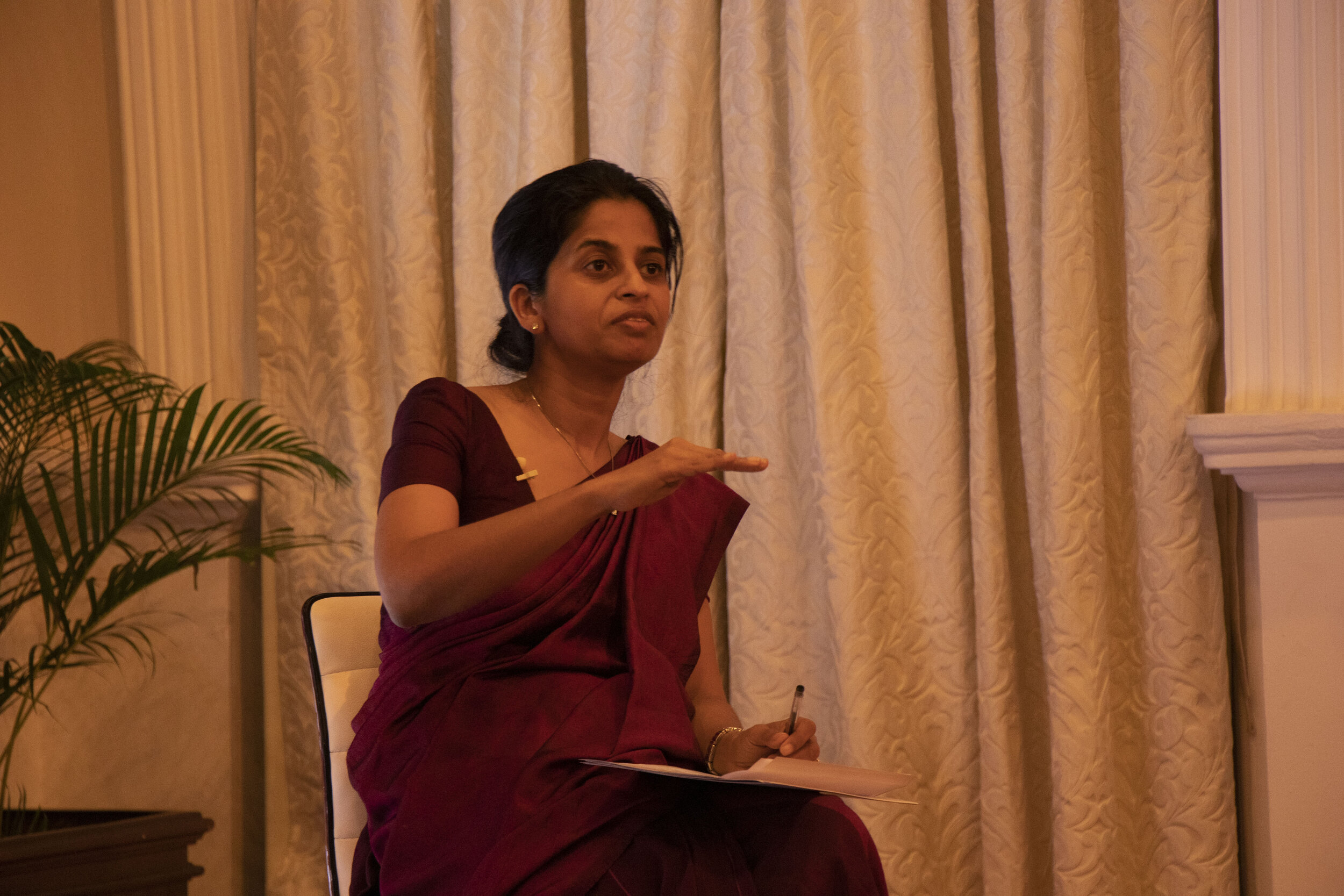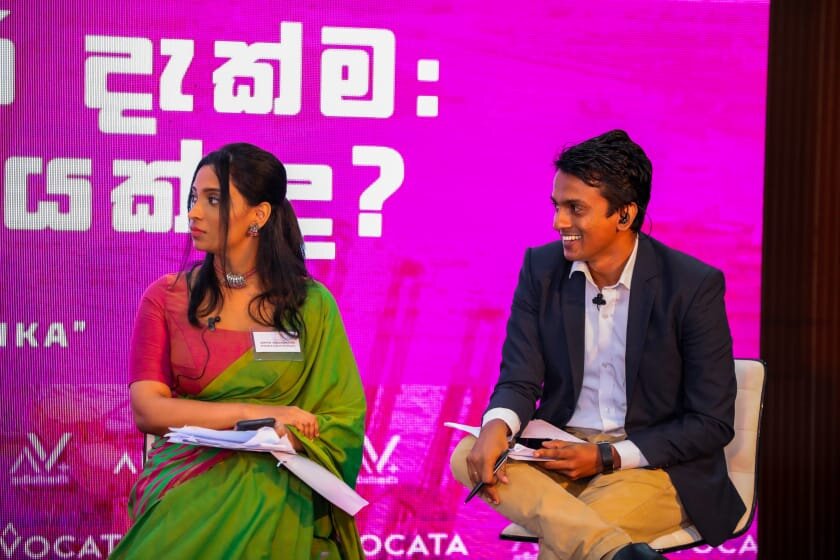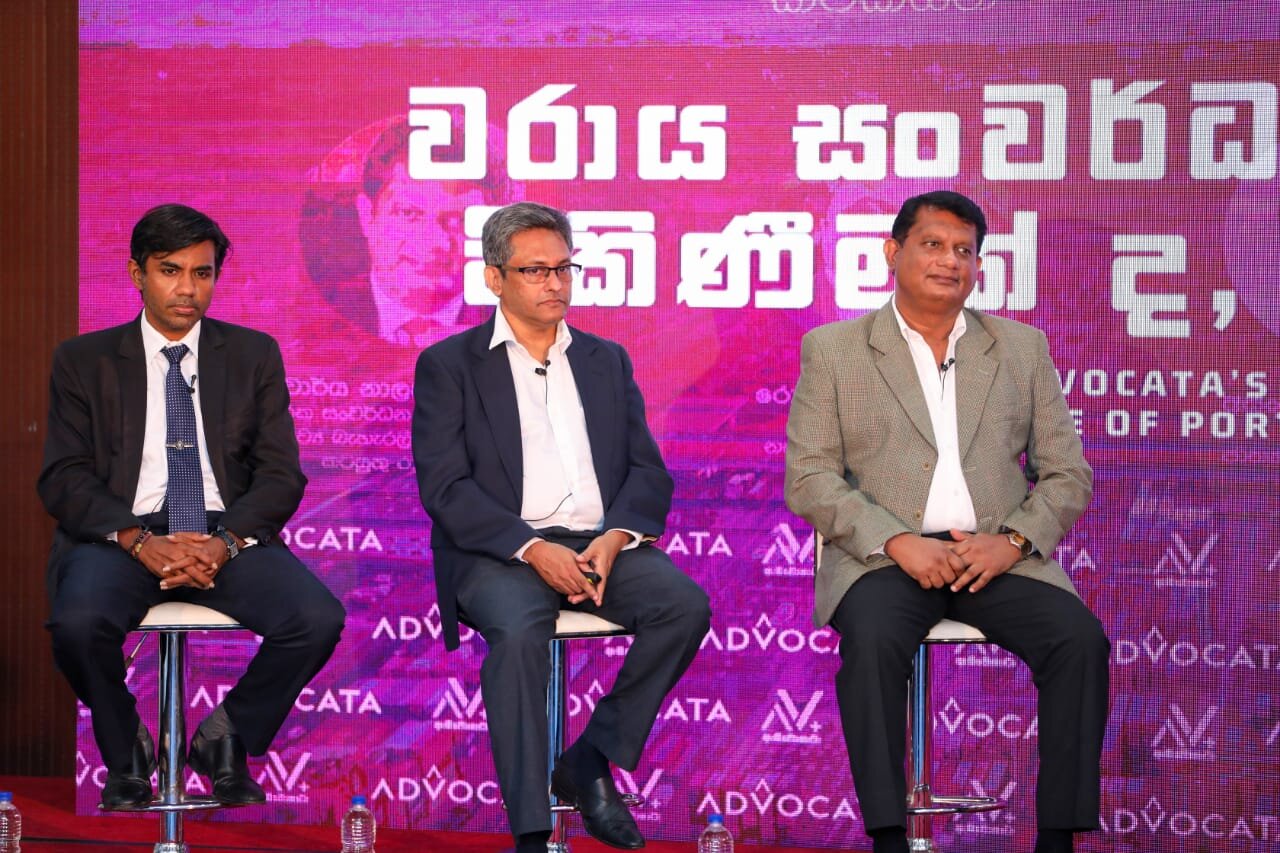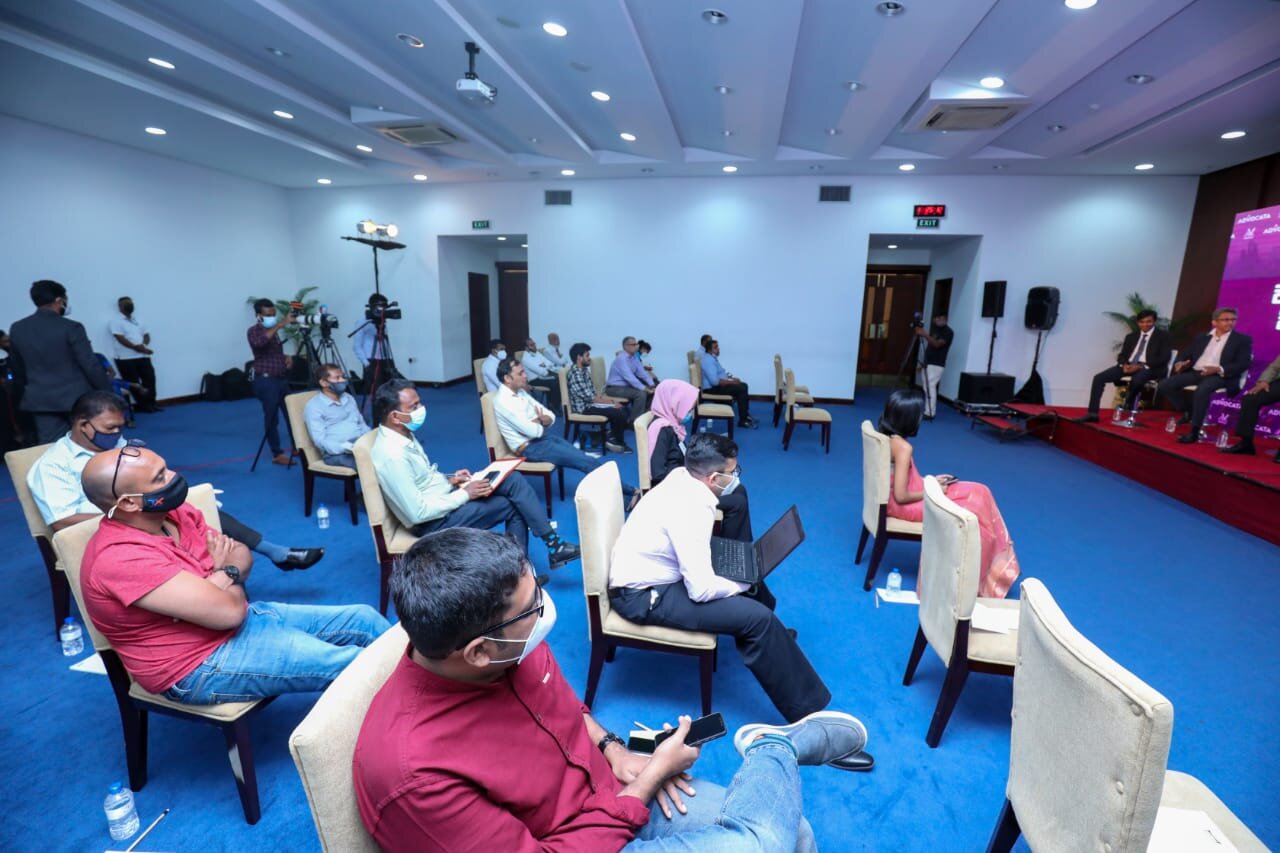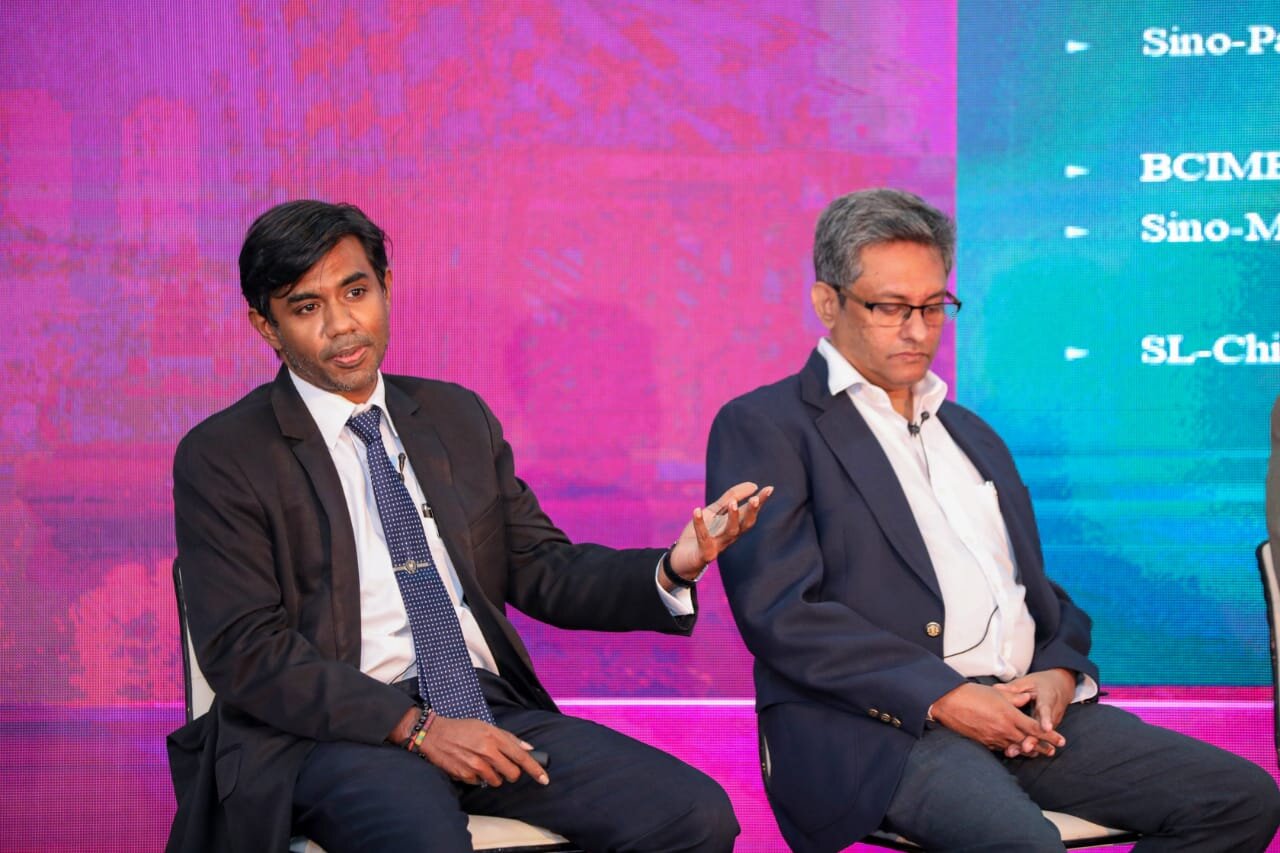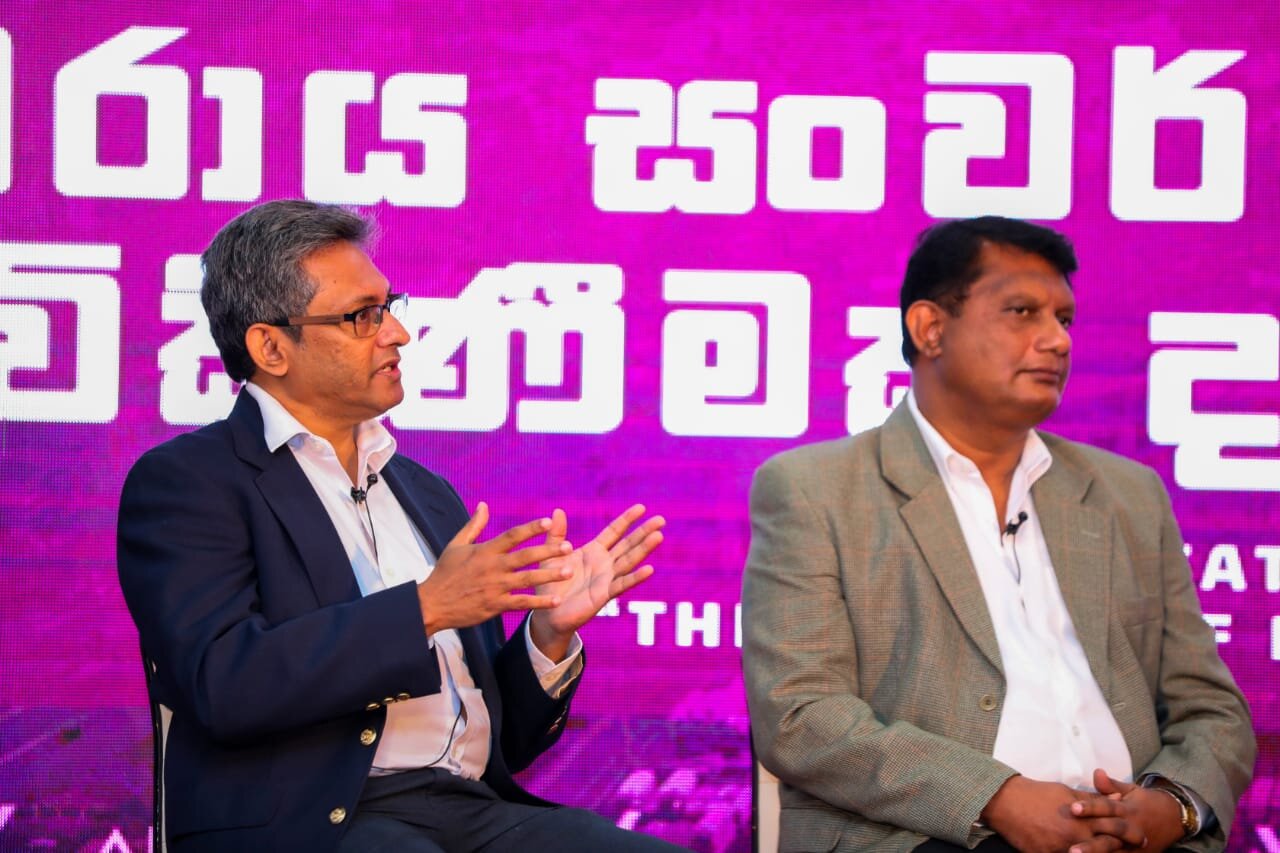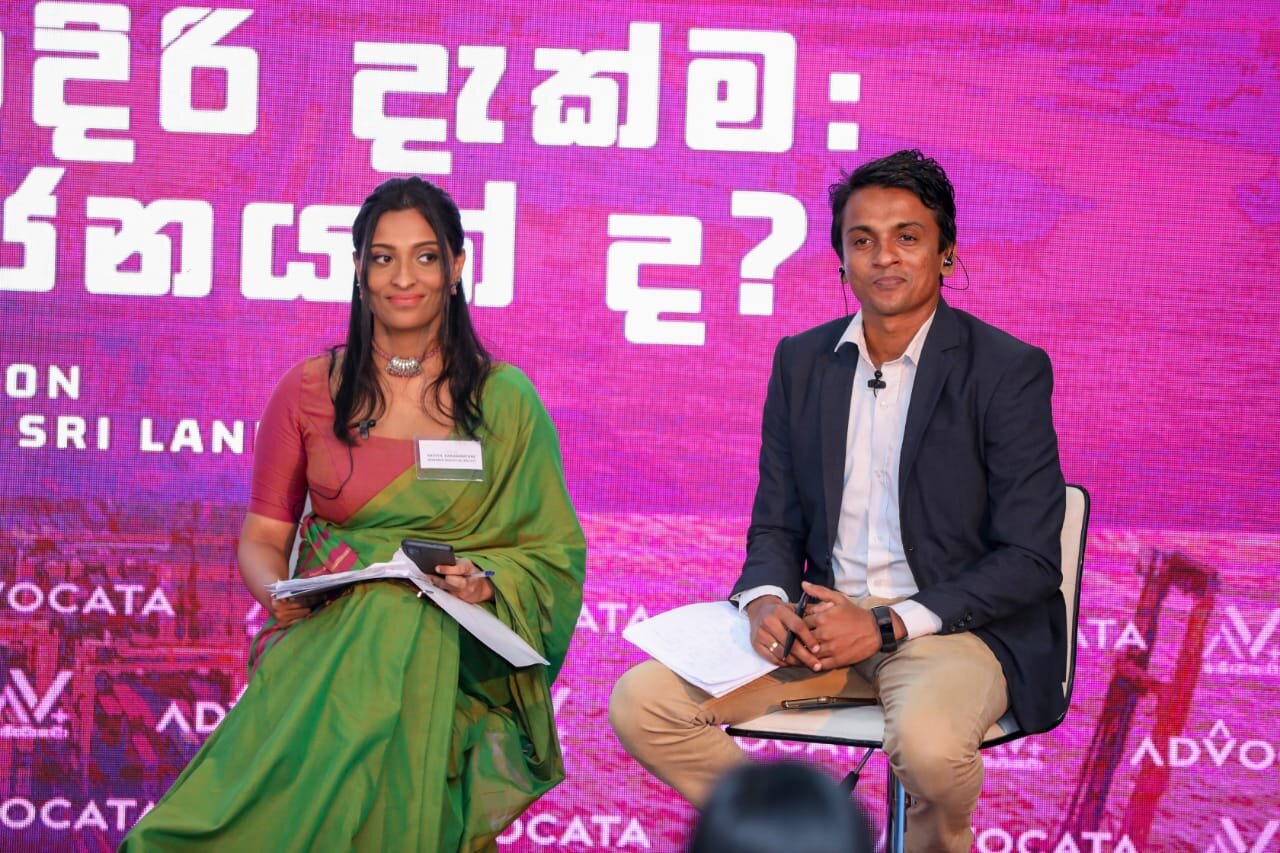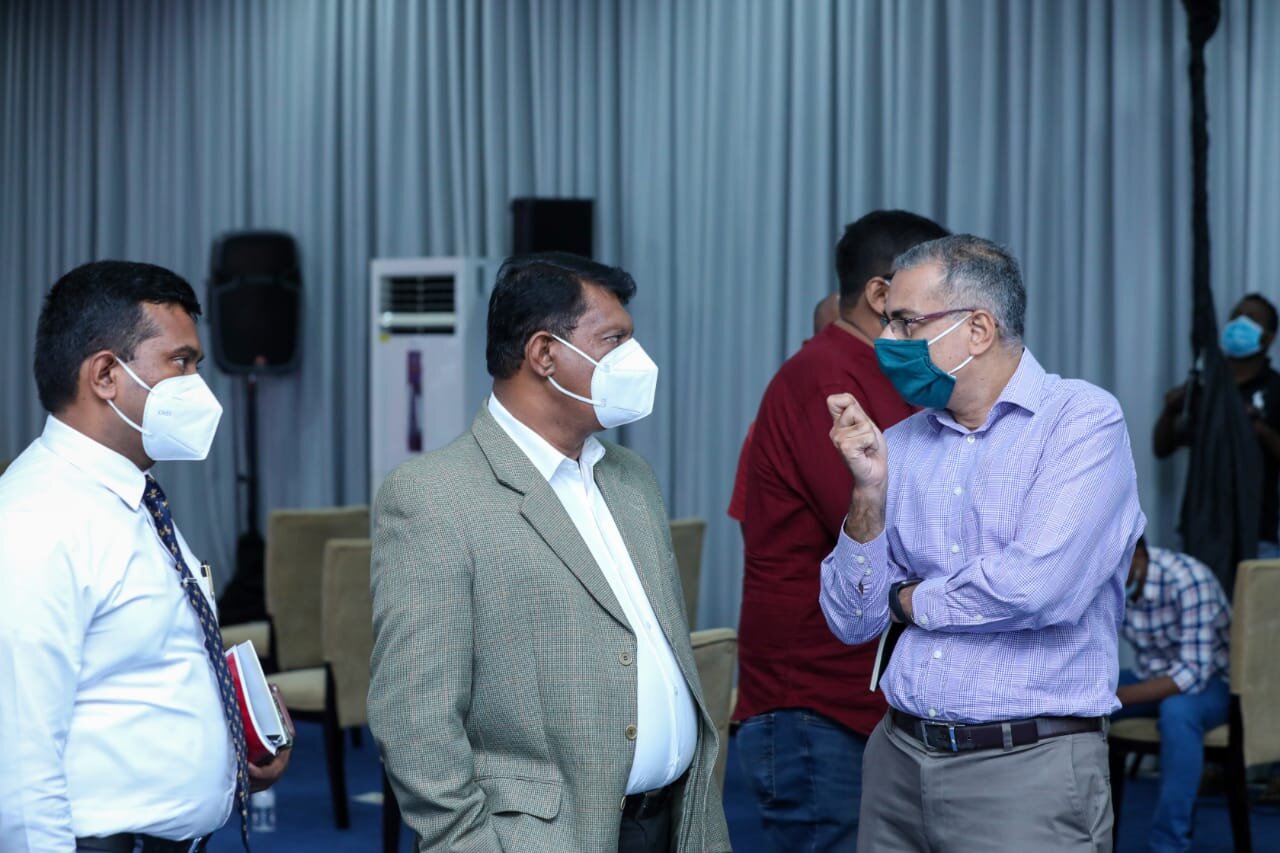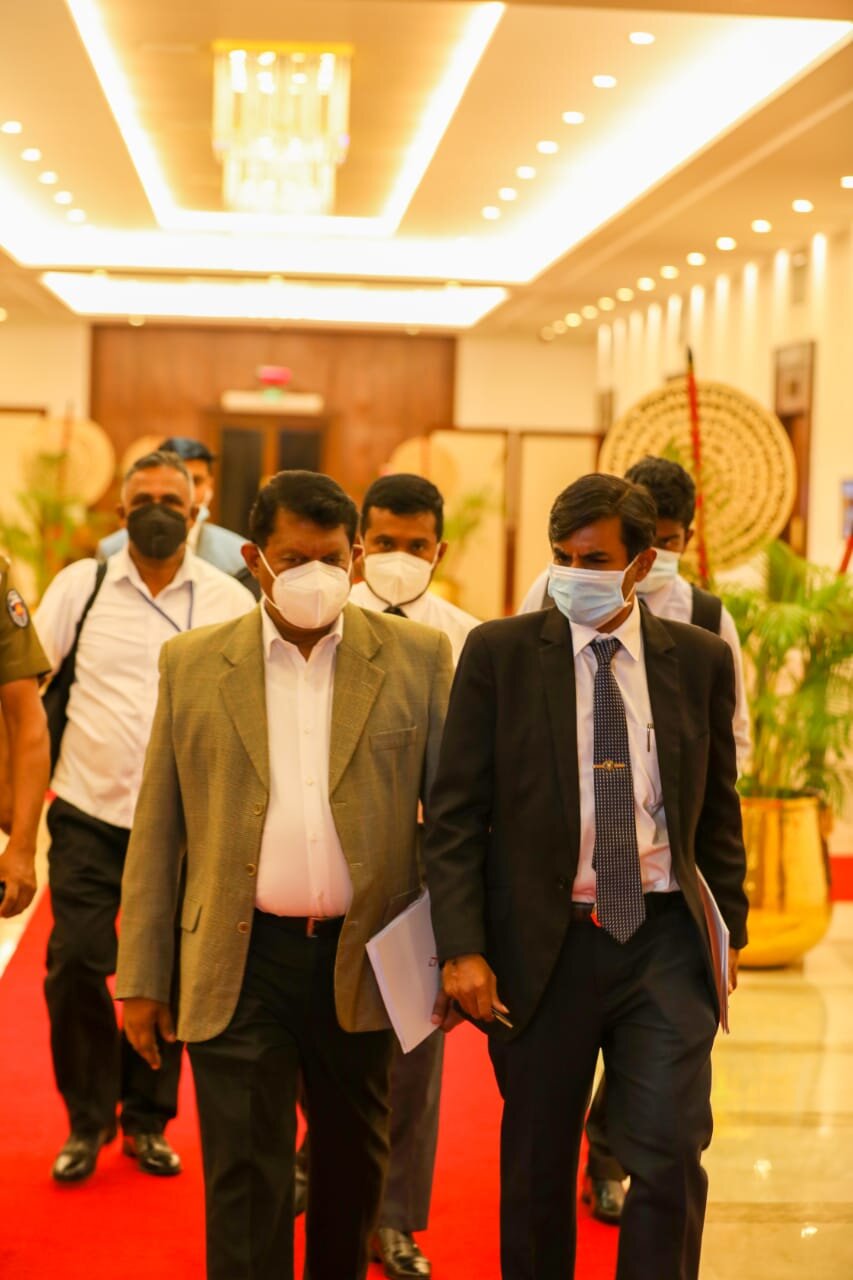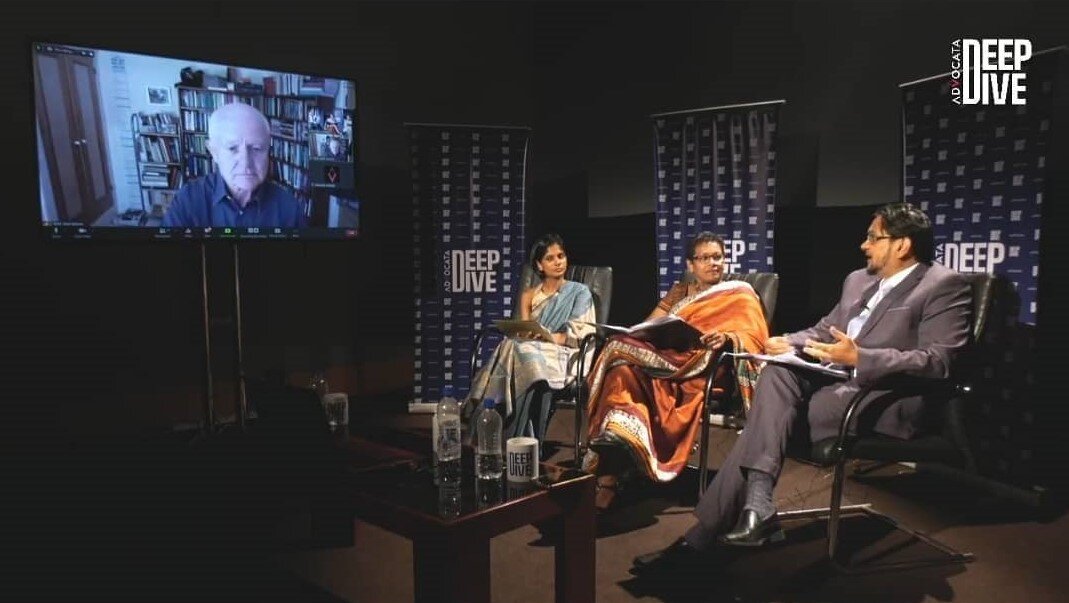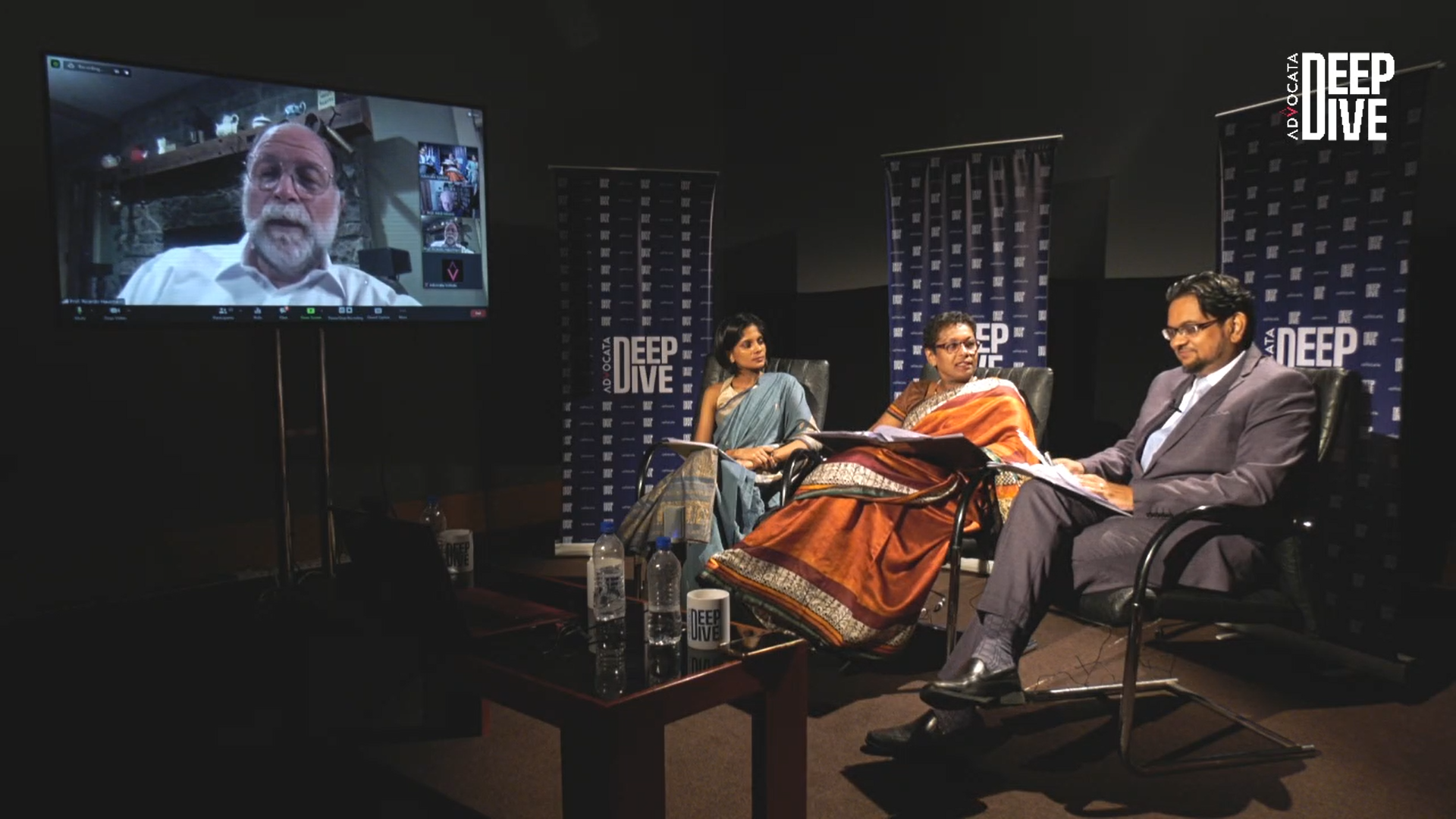Originally appeared in the The Morning
The Advocata Institute has submitted a series of proposals for consideration to the committee drafting the new Constitution. As an independent public policy think tank advocating for the implementation of sound public policy ideas, the institute considers itself responsible to advocate for constitutional provisions that protect economic freedoms. The constitutional protection of these freedoms, Advocata stated, is fundamental to a democratic society, and more importantly, an effective and efficient economy.
There are at least two important reasons why constitution drafters must consider the economic implications of a constitution. The first is that the constitution of a country constitutes the economy as much as it constitutes the polity, and as such, a constitution can have both good and bad consequences for a society’s economic growth and development. The second is that modern constitutions often provide the fundamental framework, supplemented by subordinate laws, for good economic governance as part of the Constitution’s role in ensuring transparent and accountable government.
This second dimension of a constitution’s role in economic governance can, in turn, be expressed in the form of two key objectives: (a) the minimisation of agency costs; and (b) the maximisation of effective management of externalities, both positive and negative.
Recommended reforms to be enshrined in the new constitution
1. Full-time Minister of Finance
For 23 of the last 30 years, the Head of Government in Sri Lanka has simultaneously held the title of Minister of Finance.
A government can only govern if it maintains control of public finance. Maintaining a balance between government income and expenditure is one major dimension of control of public finance. This is intrinsically challenging, because it is much easier to spend money – and also to spend money badly – than it is to raise money. Invariably, there are multiple powerful supporters with ideas on new spending. But powerful support for raising revenue is rare.
A major role for the Minister of Finance is to advance the case for both, finding appropriate new revenue sources and scrutinising the effectiveness of public spending. These tasks are rarely popular.
In most countries, it is for this reason that Ministers of Finance are powerful members of the ruling party or coalition, most of the time. They are unable otherwise to execute their job effectively. Public finances will typically be badly managed if they are weak, or if the job is effectively delegated to someone lacking ministerial status. However, while they are normally powerful members of the ruling party or coalition, Ministers of finance are very rarely also the head of government (e.g. prime minister, executive president).
Experience shows that combining the two roles is usually a big mistake: In those circumstances, the responsibilities of the Minister of Finance are typically performed poorly. There are three reasons for this.
One is that the job of the Head of Government is already very demanding; it is almost impossible for any one person to combine that with being an effective Minister of Finance. The tasks associated with being Head of Government almost always gain priority.
The second is that a Head of Government who is also Minister of Finance can more easily overrule the Central Bank, allowing short-term fiscal priorities to drive monetary policy. Further, the Governor of the Central Bank is conflicted between fulfilling the core objectives of the bank and their allegiance to the President, who is the appointing authority and also the Finance Minister.
The third is that resisting political spending pressures is generally particularly hard for the Head of Government, who is the leader of the ruling party or coalition. The normal and proper role of the Minister of Finance is to play “bad cop” in the face of those pressures – to allow the Head of Government to explain to political supporters that they would like to accede to their requests, but the Minister of Finance will not agree.
2. Include fiscal rules in the Constitution
The persistently high fiscal deficits successive governments have maintained since Independence have been the major source of Sri Lanka’s macroeconomic instability. Such high fiscal deficits have led to very high levels of public debt and large current account deficits in the Balance of Payments, resulting in the value of the Sri Lankan rupee depreciating steadily.
Usually, the fiscal deficits and higher levels of debt coincide with election cycles. Successive governments have spent public resources very heavily towards elections by making promises on subsidies and handouts out of nonexisting resources aimed at winning elections.
The Fiscal Management Responsibility Act (FMRA) was introduced in early 2000, to counter this vicious cycle. Provisions in the FMRA were expected to bring in more transparency and accountability of fiscal affairs, together with binding medium-term fiscal and debt targets.
However, in the event of deviation from announced fiscal targets, there were no strong provisions in the FMRA to compel the existing Government to bring fiscal consolidation back to the announced path. Therefore, the prescribed medium-term targets continued to be postponed through use of a simple majority vote in the Parliament by the ruling party.
This made the fiscal targets announced under the FMRA highly ineffective. Even introducing stronger fiscal rules under the FMRA will be ineffective, as such provisions are highly likely to be amended by the ruling party through a simple majority in Parliament.
Therefore, it is necessary to introduce strong fiscal rules with some flexibility to deviate from the announced targets only under exceptional/unforeseen circumstances, such as the pandemic, in the new Constitution. This would ensure that any deviation from the targets in the FMRA would only be possible if approved by a two-thirds majority in Parliament.
3. Need for an independent budget office
There is clear provision in the Constitution for parliamentary oversight of public finance.
The institutional architecture has also been established to enable the legislature to exercise its oversight responsibilities through the Committee on Public Accounts (COPA), the Committee on Public Finance (COPF), and the Committee on Public Enterprises (COPE).
However, there is no arrangement to provide Parliament and its committees with access to the independent and non-partisan information and technical analysis that is necessary for these bodies to exercise their oversight responsibilities effectively.
In several countries, an independent budget office has been set up through the constitution to fill this gap by providing information, simplifying complexity, promoting transparency, enhancing credibility, and promoting accountability through its work.
This office will also have an independent research unit with the following core functions: a) Creating economic forecasts and baseline estimates;
b) Analysing the Executive’s budget proposals;
c) Developing medium and long-term analysis;
d) Analysing policy proposals, regulation, tax proposals, and economic analysis; and
e) Preparing policy briefs.
This office will operate in a nonpartisan manner, and will be required to provide the same information to both the majority and minority parties. It will avoid making recommendations, and will principally be required to serve committees and subcommittees. Its office should ideally be located separately from the legislature.
4. Auditing and accountability function
Composition of the Audit Services Commission
The Audit Services Commission, which was set up under the 19th Amendment to the Constitution, was created to provide independence to the functioning of the Auditor General (AG). The AG was vested with the power to audit all Government entities, as well as companies where the Government held over 50% stake in the shareholding.
It was felt that giving that level of independence to the AG would ensure a free and unbiased view when expressing an opinion on the financial performance of the entities audited by him.
However, the function of auditing has evolved over time, with significant emphasis on a risk-based approach, coupled with the use of data analytics and computer-assisted tools, in making assessments on the truth and fairness of the assertions in the financial statements under review.
Currently, apart from the financial statement audit, the AG undertakes a Value for Money (VFM) review of the expenditure incurred by these institutions. While VFM reviews remain relevant even today, the techniques used by the AG’s Department in undertaking such reviews have not kept pace with the developments in the area of risk-based assessments, and the use of data analytics and IT-based audit software and tools to arrive at audit conclusions.
Presently the composition of the Audit Service Commission comprises the following:
a) Two retired officers of the AG’s Department who have held office as Deputy AG or above;
b) A retired judge of the Supreme Court, Court of Appeal, or the High Court of Sri Lanka; and
c) A retired Class 1 officer of the Sri Lanka Administrative Service.
It is Advocata’s view that a retired partner of an established audit firm in Sri Lanka should be appointed to the Commission so that they could bring to bear knowledge of these new developments in the field of auditing on the deliberations of the Commission. The said Commission should annually assess the performance of the AG’s Department in the effective discharge of their function, to close the loop on the accountability mechanism.
Professional qualification of the Auditor General
Traditionally, the AG has been a fully qualified chartered accountant, keeping in mind the important role he plays in expressing opinions on the truth and fairness of the financial statements of entities where public money is involved.
With the increasing complexity of auditing and accounting standards in use today, it is imperative that the position of Auditor General of the country be constitutionally or similarly prescribed for such holder of office to be a fully qualified chartered accountant, so that he can effectively discharge the duties constitutionally thrust upon him.
Need for professional staff to support the work of COPE and COPA
Reports issued by the AG are generally placed before the COPE and COPA, where the performance of the public enterprises and government agencies are subject to scrutiny using the AG’s report as the basis. However, although some useful discussions do take place therein, there is no mechanism or structure to follow up on the issues raised.
As a result, due to the lack of effective follow up on the said issues, the concept of accountability suffers. It is therefore imperative that an effective mechanism be set up and staffed with qualified professionals, who can support the COPE and COPA to discharge the responsibilities vested in them.
Chair of COPE and COPA
COPE and COPA are bodies set up within the legislature to ensure accountability in the use of public funds. As the utilisation of public funds is often determined by the government in power at a point in time, the standing orders provide for the chairmanship of both committees to be from the Opposition in Parliament.
However, these standing orders have occasionally been observed in the breach, weakening the accountability mechanism therein. It is suggested that the chairmanship of both these committees be constitutionally mandated to be from among the Opposition in Parliament.
5. Strengthening the independence of the Central Bank and reducing its agency functions
Appointments to the Monetary Board
The Central Bank of Sri Lanka has not been able to achieve its key objective of economic and price stability over long periods mainly due to two reasons.
First, large fiscal deficits incurred by the government have been monetised consistently through Central Bank financing due to provisions in the Monetary Law Act (MLA), which allows the Central Bank to subscribe directly to primary auctions in raising funds for the government. Such monetisation of fiscal deficits has a direct conflict with the implementation of monetary policy, which is the prime responsibility of the Central Bank. Such a phenomenon is called fiscal dominance of monetary policy.
This conflict can be addressed through amending certain provisions of the MLA. Introduction of fiscal rules into the Constitution could also minimise fiscal dominance. Another channel of fiscal dominance often comes through the appointment and removal of members to the Monetary Board by the Minister of Finance when differences emerge between the fiscal and monetary authorities, particularly in relation to setting interest rates. Members of the Monetary Board should be able to make decisions in setting interest rates without undue influence from fiscal authorities.
While amending certain provisions of the MLA can address this conflict, it would be desirable to recognise the independence of the Central Bank in the Constitution, at least regarding the
process of appointing the Governor and members of the Monetary Board, through a process like appointing key members of the judiciary and AG. This is important to enable the Central Bank to have the capacity to formulate an independent monetary policy, which promotes sound fiscal/monetary co-ordination that supports price stability, rather than having an arrangement that facilitates fiscal dominance.
Autonomous debt management agency
Another source of fiscal dominance of monetary policy arises from the responsibility for managing public debt by the Central Bank as an agency function. This has a direct conflict with monetary policy when the Central Bank is required to adopt a tightening stance at the same time, as it is also required to raise financing for the Government as cheaply as possible. This also can be addressed by amending the MLA and other related legislations to remove this agency function from the Central Bank.
Furthermore, the current management of public debt is dispersed between the Public Debt Department of the Central Bank that manages debt securities (they represent 67% of total central government debt), and two departments of the Treasury; namely the Department of External Resources, which overlooks foreign loans, and the Department of Treasury Operations.
Such a fragmented arrangement does not lend itself to high performance, for there is no focus and an absence of cross-functional teams (e.g. commercial lawyers, capital market professionals, accountants, economists, etc.), strong leadership, and governance to achieve the mission. The country’s debt is forecasted to exceed 100% of GDP by the end of 2020, hence managing this liability is quite literally the elephant in the room.
However, given historical experiences and several controversial issues that have arisen in public debt management, simply removing this function from the Central Bank and assigning it to the Treasury instead, could make things worse. The best practice globally is to set up an autonomous debt management agency as a strong institution with proper governance and accountability directly to the Parliament and public.
Therefore, it is recommended that provisions are incorporated in the new Constitution for the creation of a well-resourced agency with the appropriate checks and balances.

